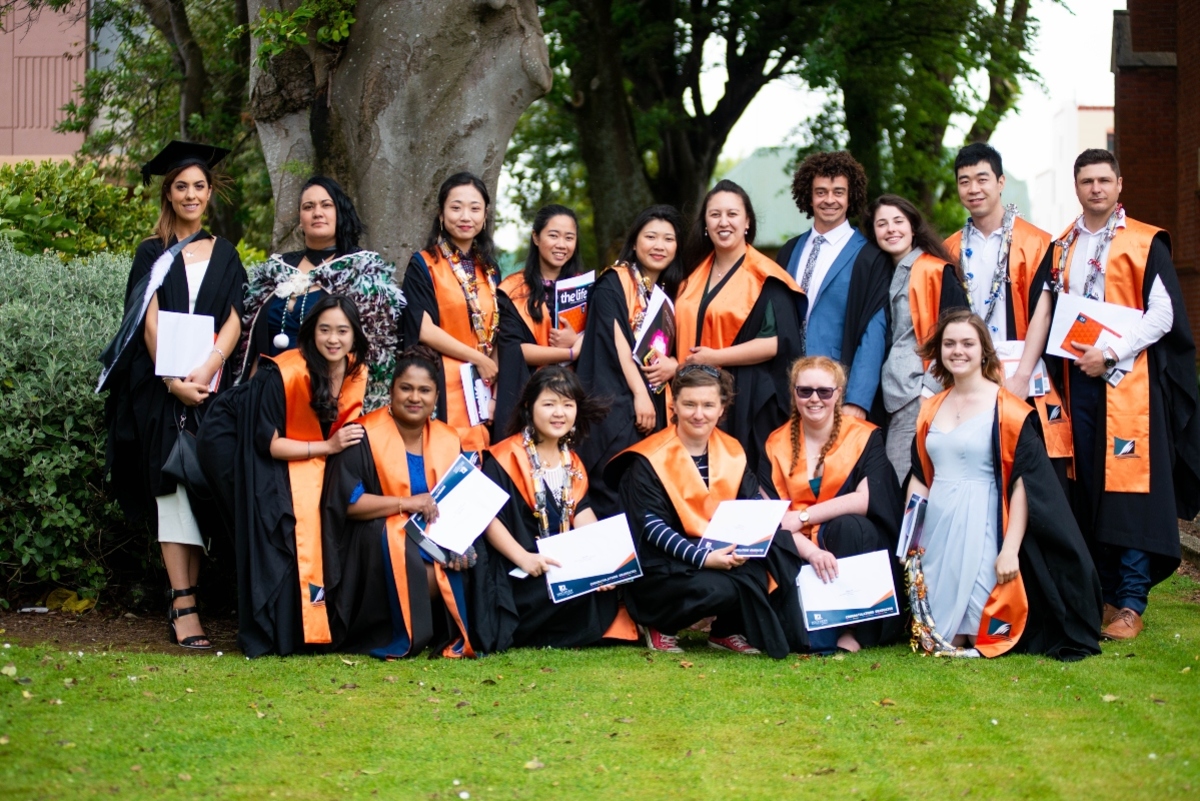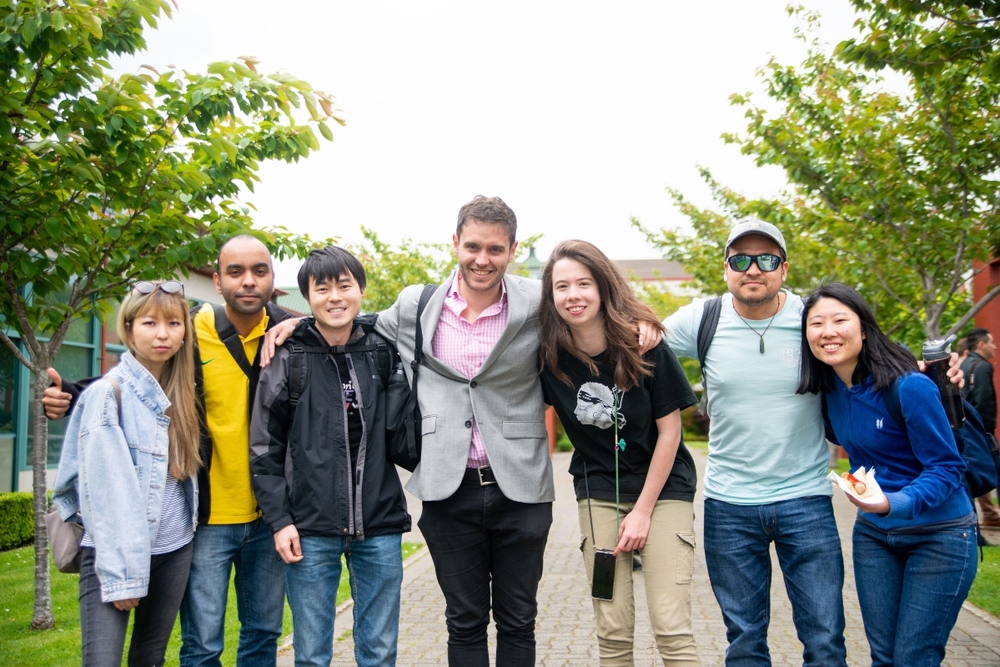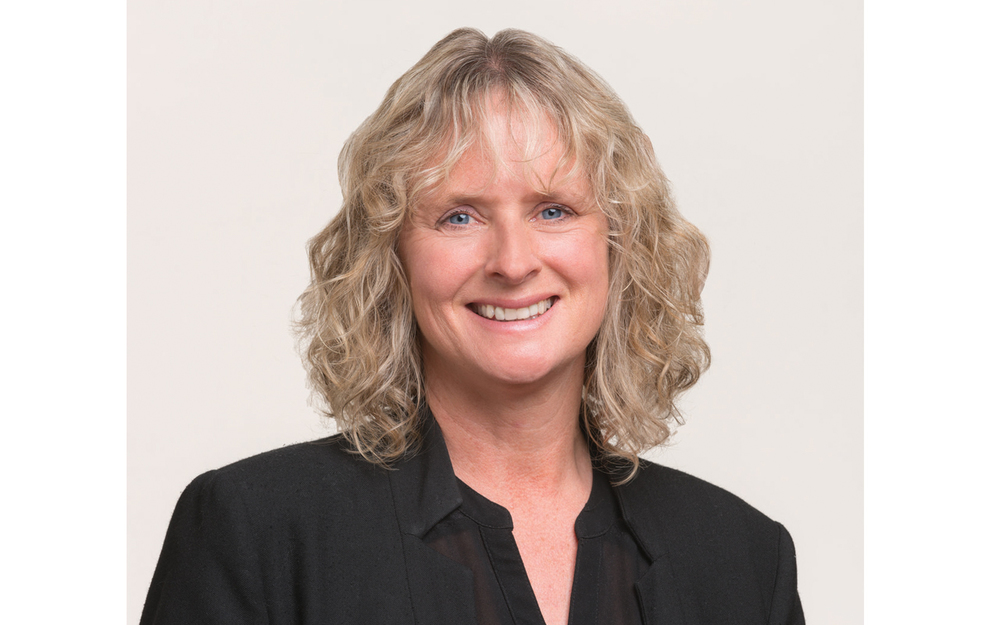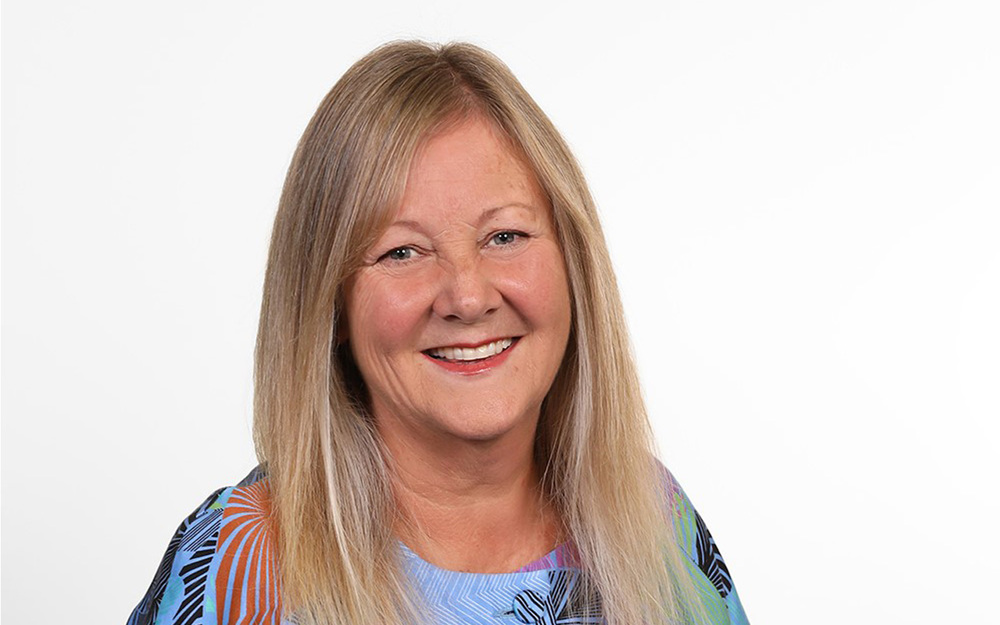SIT hoping for boost to international student programme by 2022
Marjorie Cook
18 November 2020, 2:38 AM
 Graduation day for some of the international students at SIT. PHOTO: Supplied
Graduation day for some of the international students at SIT. PHOTO: SuppliedNone of the 250 international students preparing their visas to return to New Zealand this month will be coming to Southland.
A new border exception announced by the government in October has strict criteria: the students must be taking postgraduate or PhD level university courses in medicine, veterinary, engineering and laboratory sciences and it is not yet known if the entire quota would be accepted.
However, the Southern Institute of Technology is expecting many of their existing international students to continue their study programmes next year – and more could enrol if restrictions loosen.
Advertisement
Advertise on the Southland App
SIT international department and marketing manager Chami Abeysinghe said this week about 300 fulltime equivalent international students would be enrolling (about 400 to 450 people) for 2021.
“Unfortunately, it is unlikely that SIT will see any students from the first cohort as our students don’t meet the criteria that is being applied,” Ms Abeysinghe said.
“The interest and applications are high, however as there is no certainty around when the borders will be open to new students, we cannot accurately predict what will happen in 2021.
“As at this point in time, we are forecasting to have around 300 equivalent full time international students, but if the government allows students to come in for the July 2021 intake this number will increase significantly,” she said.

Some of SIT's international students at Invercargill. PHOTO: Supplied
In 2019, the SIT had about 813 full time equivalent (FTE) international students (about 1700 people) enrolled in various courses.
By the end of October this year, the numbers had fallen to about 770 EFTs (1300 people).
Ms Abeysinghe said SIT hoped that by 2022 there would be a much greater opportunity for new International students to come to study in the region, although this depended on whether it was safe to travel and the availability of vaccines.
“We are hopeful that our International student numbers will start to inch up again from 2022 onwards,” she said.
She confirmed that SIT was ready to accept students as soon as the government declared it was safe for students to travel to NZ.
“We have accommodation facilities that we own, that can be used as managed isolation and quarantine (MIQ) facilities.
“We have neighbouring Queenstown and Dunedin too, [who are] willing to partner together to make facilities available for new and returning students and we are confident that we can meet the standards our government will require to keep the students, staff and community safe.
“We have staff ready to support these students and provide pastoral care and academic assistance,” she said.
Advertisement
Advertise on the Southland App
SIT had one of the largest distance learning faculties in New Zealand, so programmes could begin while students were in MIQ facilities, she said.
Now that SIT was part of Te Pukenga, (New Zealand’s mega-polytech] it could also collaborate with other tertiary education providers on the process for getting international students back into NZ, she said.
SIT would take on the responsibility for educating students prior to departure and implement any testing requirements before, on arrival and after staying at MIQ facilities.
All the national sector needed was some guidance on when the borders would potentially reopen, so that students and stakeholders remained engaged, she said.
“If the government does decide to keep our borders shut (which we understand is necessary to keep us all safe in Aotearoa), we need to proactively allow students to start undertaking online studies, which can then be allowed to contribute to post study work eligibility.
“Given the significant investments international students make to study abroad, opportunities to work [during] and after study is extremely important to them,” she said.

Labour list MP Liz Craig of Invercargill. PHOTO: Supplied
Labour list MP Liz Craig, of Invercargill, said international students had been an important part of the Southland community for many years and she looked forward to their return, “once it’s safe for them to do so”.
While the new border exception category would allow a small number of international post-graduate and PhD students to return from November, no decisions had been made yet about when other groups could return to Invercargill and Southland, she said.
“COVID-19 has meant we have had to prioritise the health and safety of those currently in New Zealand, as well as returning New Zealanders in our managed isolation and quarantine facilities.
“However, I’m very conscious of the impact COVID-19 has had on our international education sector, and know the Government is carefully considering all possibilities regarding their return,” Dr Craig said.
The Government was supporting the international education sector through its $51.6 million International Education Strategic Recovery Plan, she said.
“I know our local education providers will also be staying in touch with those who are currently off-shore, as well as continuing to support those studying in New Zealand,” Dr Craig said.

Invercargill MP and National tertiary education spokeswoman Penny Simmonds. PHOTO: Supplied
National party spokesperson for tertiary education and MP for Invercargill, Penny Simmonds, said the recently announced quota of students would not be making a difference for SIT at the moment “because it is a very small number that are being allowed in, and [they are] PhD students for the university sector”.
“It is not going to be of benefit for SIT at the moment, but I presume this is small steps. Of course, National only supports opening up borders to international students when it is safe to do so. It is still very much a cautious approach . . . We would certainly not be advocating for more to come in until it can be done safely,” Ms Simmonds said.
Ms Simmonds, a former SIT chief executive, is enjoying her new job in Parliament.
“It has been really interesting and obviously the tertiary spokesperson role just came about last week. It has been very early days getting involved, but obviously I have a number of very good contacts in the tertiary sector . . .
"I am really pleased to see institutions like SIT doing a lot of the background work, keeping their relationships with their partner institutions overseas alive, getting students started via distance learning where they possibly can, just really putting the work in, to ensure the students are there and ready to come when they are able to. That’s a really important thing to see happen,” she said.



![Home Creek Loop (30min) [W] - Manapouri](https://d3hbehni9j4crp.cloudfront.net/infoPages/5d10123a073fc70026912c90/header_images/header_Home%20Creek%201280x800.jpg)
![Rainbow Reach walk (9.5km) [W|H] - Te Anau](https://d3hbehni9j4crp.cloudfront.net/infoPages/5d100a14c536a600266c4a2b/header_images/header_Rainbow%20Reach%202%20DOC%201280x800.jpg)